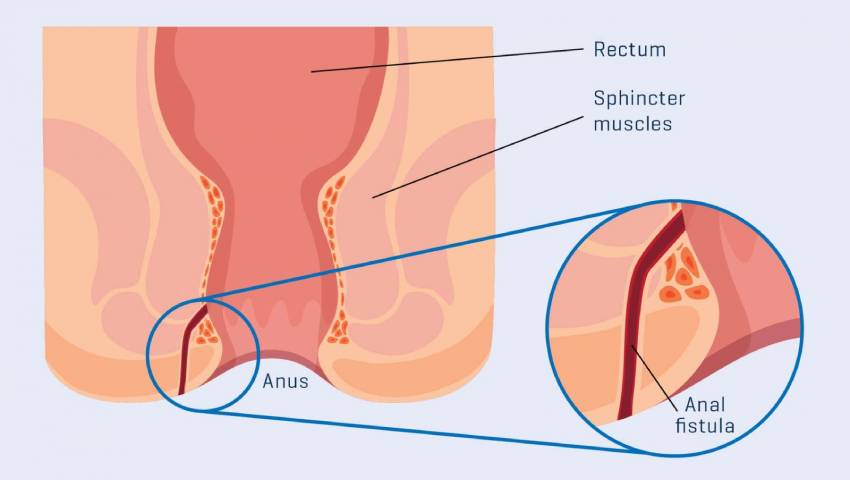
- 03/09/2022
- PrecisionPlus Superspeciality Hospital
- 0 Comments
- Blog
Treatment of Fistula – Laser Surgery
The treatment of fistula depends upon its location and size. It is possible to treat some fistulas through medicines and antibiotics. However, surgery to remove the fistula is preferred with more reliable outcomes and measures to prevent its recurrence. There are various surgery options available and used as per the location of the fistula.
Laser Surgery for Fistula:
Dr Narendra Chopde, a leading colorectal surgeon and laparoscopic surgeon in Pune who recommends laser surgery for fistula.
Laser Surgery for fistula is the most recent treatment option in treating fistula with the best possible outcomes. Moreover, it is a day procedure, and the patient is discharged on the same day.
In this procedure, laser energy is delivered by radial fiber into the fistula, causing it to shrink internally. Also, this laser energy is directed to reduce or prevent further blood supply to the fistula area to restrict its further growth. The precision and accuracy of the laser delivery ensure that the fistula does not occur again.
Advantages of Laser Surgery of Fistula:
Most colorectal surgeons advise laser surgery to treat fistula as;
- It is a day-care or outpatient procedure that is completed in less than an hour
- It promises speedy recovery
- It causes minimal pain
- There is minimal blood loss
- The patient can resume normal routine immediately
- It causes minimal scarring
- The anal sphincter action is maintained and hence no chances of incontinence or leak
The other treatment options include:
- A medical plug is inserted to close the fistula and accelerate healing. This treatment involves the insertion of a cone-shaped medical plus made from animal tissue into the opening of the fistula. The medical plug is also known as a bioprosthetic plug.
- Seton, a thin surgical cord is inserted within the fistula to drain out all the infection and initiate healing. The Seton technique is a viable option to avoid fistula surgery, especially if the fistula is spread across a large area of the sphincter muscle. Also, multiple seton procedures would be required for total healing.
- Fistulotomy –The surgeon opens up the fistula across its length and removes the abscess to enable healing. The scars take almost a month or two to heal. Fistulotomy is done if the fistula has not affected the sphincter muscles, as there could be an increased risk of bowel incontinence. Nearly 90% of the total fistula cases are treated by fistulotomy.
- Fibrin Glue – Fibrin glue is a medical glue used to close the fistula. The doctor recommends this treatment option if the fistula passes through the sphincter muscles, and the fistula surgery is highly risky. The procedure is carried out under general anaesthesia, and the surgeon injects the fibrin glue within the fistula tract and seals the opening.
- Ligation of the Intersphincteric Fistula Tract –LIFT procedure is performed for a fistula that is passing through the sphincter muscles of the anus. The surgeon makes a cut above the fistula and moves the sphincter muscles, sealing both the ends of the fistula and then cutting it open to heal like a flat scar.
